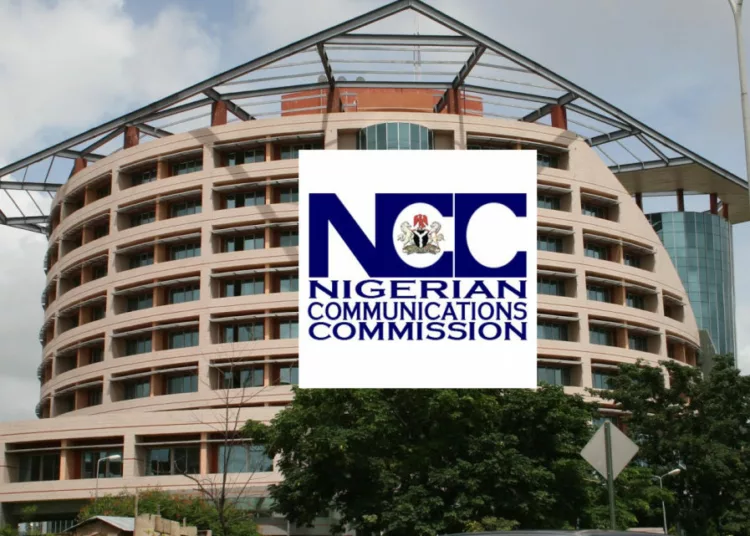Operators in the Information Communication Technology (ICT) sector in Nigeria, spent N50.28 billion on diesel in February 2024 alone, LEADERSHIP has learnt.
This is even as the Nigerian Communications Commission (NCC) has disclosed that it is formulating policy that will encourage the adoption of clean energy in the telecommunications sector. Industry data showed that mobile telecommunication operators use an average of 40 million litres of diesel per month to power telecom sites.
Meanwhile, the National Bureau of Statistics (NBS) said, the retail price of a litre of diesel was N1,257.06 in February 2024. This revealed that telecom operators spent N50.28 billion on diesel in the month of February, 2024.
As part of efforts to reduce the huge funds that go into diesel and tackle climate related issues, the management of NCC told LEADERSHIP that the commission is in the process of introducing a policy that will encourage the adoption of clean energy in the telecommunications sector.
“This policy will serve as a framework for telecom service providers to adopt clean and sustainable energy sources, reducing their carbon footprint and contributing to a greener future. We believe that this policy will not only benefit the environment but also drive innovation and create new business opportunities within the industry,” the commission posited.
The commission averred that it is partnering with Academia and other stakeholders on research and innovation that can transform the industry.
Recall that in 2021, the commission sought submissions in innovative clean energy. Three universities were selected to receive research grants, with their projects focusing on geothermal energy, hydrogen and fuel cells for telecommunications equipment.
“Also, we seek to promote research in Academia that leverages digital technology to improve the livelihoods of Nigerians. The telecom sector is at the forefront of digital transformation, and we must harness its potential to enhance the lives of our citizens. Research in areas such as smart grids, energy storage, and energy management systems can pave the way for innovative solutions that optimize energy consumption, reduce costs, and increase access to reliable communication services.
“We believe that by aligning research efforts towards alternative clean energy sources and leveraging digital technology, we can revolutionize the telecom sector in Nigeria. This, in turn, will have a profound impact on various aspects of our society, including education, healthcare, agriculture, and e-commerce,” it added.
Meanwhile, in 2023, MTN Nigeria, deployed three 1.1 megawatts (MW) gas generators, to reduced greenhouse gas emissions and lowered its energy costs by over N570 million.
In its 2023 climate change report, MTN Nigeria revealed that it is partnering with a renewable energy Independent Power Producer (IPP) programme to deploy a Compressed Natural Gas (CNG) power plan to supply both its corporate office, MTN Plaza, and main data centre in Ikoyi.
In addition, the company said, it has also installed motion light sensors in buildings and switching centres to optimise power consumption and installed a 56-kilowatt proof-of-concept solar project, delivering more than 4,000-kilowatt hours of clean electricity each month.
The MTN Group’s Project Zero, which aims to reduce greenhouse gas emissions throughout its footprints and hence improve operational efficiency, includes the company’s net zero emissions goal, MTN Nigeria CEO Karl Toriola said.
In order to offset the emissions that cannot be prevented, Toriola said the corporation will reduce energy use, switch to non-green energy sources, and invest in certified climate protection projects with high environmental and social standards.
“Our commitment to Nigeria goes beyond connectivity. We recognize the environmental challenges our nation faces, and we are dedicated to being part of the solution. Our investments in sustainable energy and infrastructure are not just good for business; they are essential for the future of Nigeria,” he further stated











